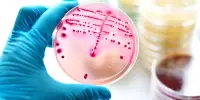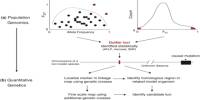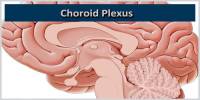Cholesterol is a molecule that is found in animal cells and body fluids. It is a waxy, fat-like substance that’s found in all the cells in our body. Our body needs some cholesterol to make hormones, vitamin D, and substances that help us digest foods. It is an essential substance that the body produces but which people also consume in foods. As the body requires cholesterol, it may be secreted by the liver. The liver produces about 80% of the body’s cholesterol.
Cholesterol is not found in plant sources. It is a type of lipid which is fat or fat-like molecule. It is a soft waxy substance. It is a special type of lipid that is called a steroid. Steroids are lipids that have a special chemical structure. This structure is made of four rings of carbon atoms. It is found especially in animal fats. Our body makes all the cholesterol it needs. It is also found in foods from animal sources, such as egg yolks, meat, and cheese.
It has four primary functions, without which we could not survive.
These are:
- contributing to the structure of cell walls,
- making up digestive bile acids in the intestine,
- allowing the body to produce vitamin D,
- enabling the body to make certain hormones.
Cholesterol is the main steroid synthesized by animals. Other steroids include hormone steroids like cortisol, estrogen, and testosterone. These and other steroid hormones are made by changing the basic chemical structure of cholesterol. This is an example of chemical synthesis.
There are two types:
- low-density lipoproteins (LDL), or “bad” cholesterol
- high-density lipoproteins (HDL), or “good” cholesterol
Hypercholesterolemia means that cholesterol level is too high in the blood. The most common cause of high cholesterol is an unhealthy lifestyle. At normal levels, it is an essential substance for the body. High cholesterol levels show that heart disease may develop.
















